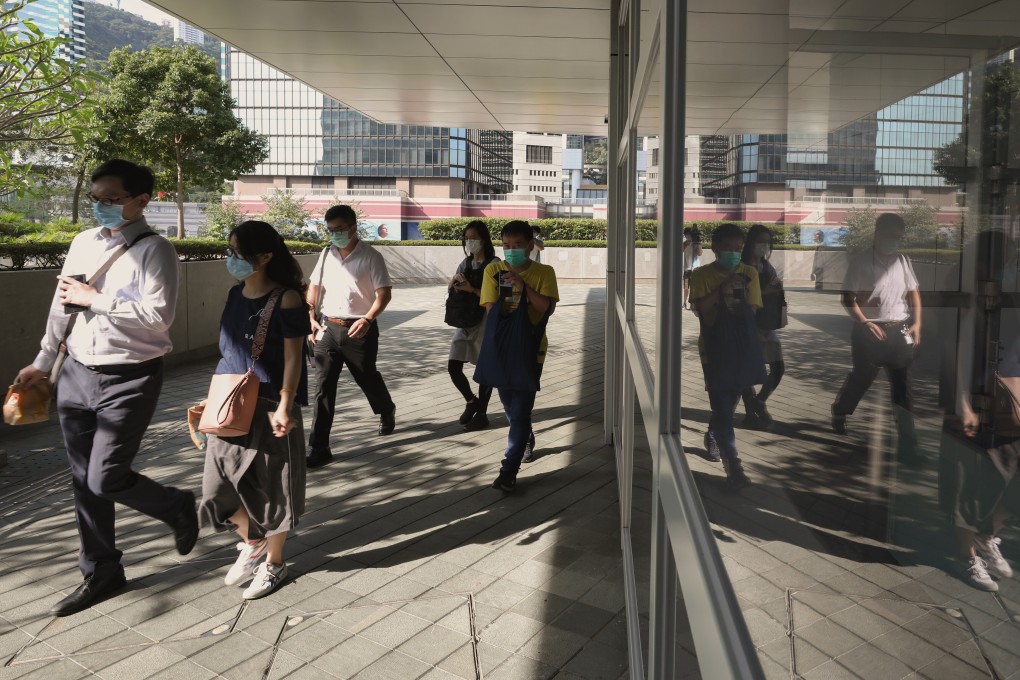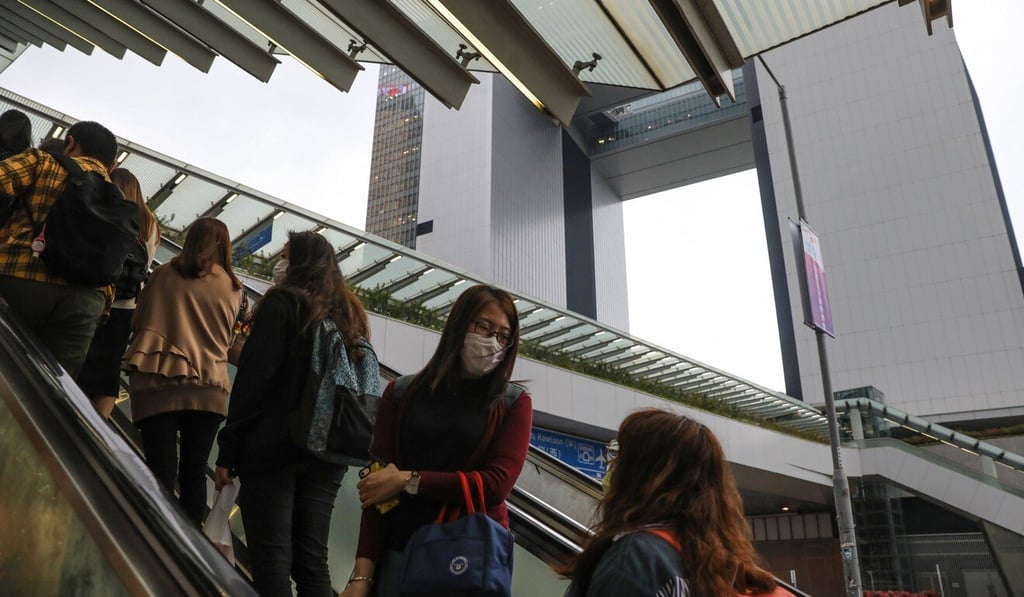Number of Hong Kong civil servants quitting government highest in at least 15 years
- Nearly 2,000 walked away in 2020-21, accounting for almost a fifth of total number who left in the past financial year
- But government says number is largely insignificant when viewed in context of 170,000 strong workforce

Nearly 2,000 civil servants quit working for the Hong Kong government in 2020-21, according to the latest figures, the most in at least 15 years.
That also accounted for about a fifth of those who left the service for various reasons in the past financial year.
The number choosing to leave has steadily been rising since 2006-07 when about 400 government workers – around 0.3 per cent – left. The number surpassed the 1,000 mark in 2015-16, or roughly 0.65 per cent, according to a paper prepared for legislators by the Civil Service Bureau which encompasses the past 15 years. The figure for 2020-21 represented 1.05 per cent.
While the government argued that percentage-wise, the number leaving was insignificant, some lawmakers want civil servants to be offered better packages to stop the continuous exodus.

“In 2020-21, the wastage in the civil service was about 8,500, accounting for around 4.8 per cent of the strength,” the bureau said. “Retirement was the primary reason for departure of civil servants, while the other reasons, including resignation, completion of agreement and death, accounted for only a small proportion of wastage.
“The majority of the resignees left before the end of their probationary period. It is understandable that probationers, who are at the initial stage of their civil service career, would leave the service during their probationary period if they find it unsuitable to develop a long-term career in the government.”